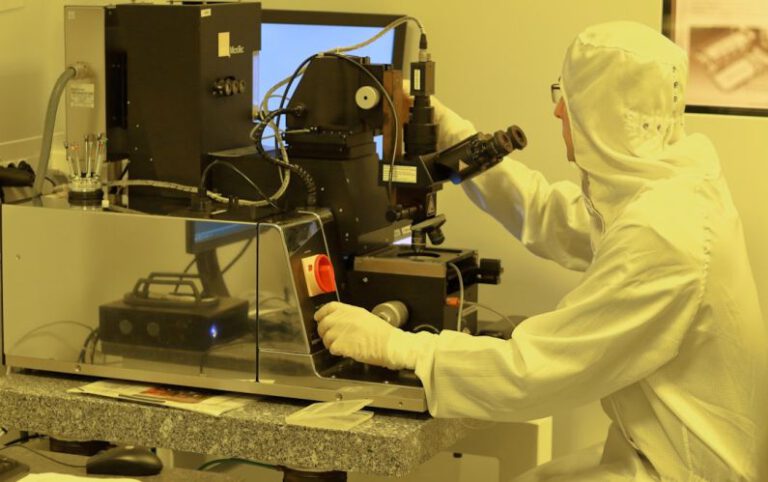Is There a Possibility of Life on Mars?
Exploring the Possibility of Life on Mars
For centuries, Mars has captivated the imagination of scientists and space enthusiasts alike as the most Earth-like planet in our solar system. The question that has intrigued minds for decades is whether life could exist or have existed on the red planet. With recent advancements in technology and the discovery of potential water sources, the possibility of life on Mars has become a topic of great interest and debate in the scientific community.
The Search for Life Beyond Earth
Humans have long been fascinated by the idea of life beyond our own planet. The search for extraterrestrial life has led scientists to explore Mars, as its similarities to Earth make it a prime candidate for hosting life. While previous missions to Mars have not yielded concrete evidence of life, the discovery of water in various forms on the planet has raised hopes for the possibility of microbial life existing beneath the surface.
The presence of liquid water is considered a crucial component for life as we know it. On Earth, where there is water, there is life. Therefore, the discovery of underground reservoirs of liquid water on Mars has sparked new interest in the search for microbial life forms that could potentially thrive in these harsh conditions.
Methane on Mars: A Clue to Life?
One of the most intriguing pieces of evidence that has reignited the debate about life on Mars is the detection of methane in the planet’s atmosphere. Methane is a gas that on Earth is produced by living organisms, such as bacteria. The presence of methane on Mars, albeit in small amounts, has led some scientists to speculate that it could be a sign of microbial life beneath the surface.
While there are non-biological processes that can also produce methane, the persistent detection of this gas on Mars has raised questions about its origin. Scientists are now working to determine whether the methane is being produced by geological processes or if it is indeed a byproduct of microbial life forms living underground.
Extreme Environments on Mars
Mars is a harsh and unforgiving environment, with temperatures averaging around minus 80 degrees Fahrenheit and a thin atmosphere composed mostly of carbon dioxide. Despite these extreme conditions, life on Earth has shown remarkable resilience and adaptability in surviving in the most inhospitable places, from deep-sea vents to frozen tundras.
Microbes known as extremophiles have been found thriving in environments that were once thought to be uninhabitable. These organisms have adapted to survive in conditions of high acidity, extreme cold, or intense heat. Scientists are now considering the possibility that similar extremophiles could exist on Mars, hidden beneath the surface where conditions may be more favorable for life to exist.
The Importance of Future Missions
As we continue to explore and study Mars, the search for signs of life remains a top priority for future missions. NASA’s Perseverance rover, launched in 2020, is equipped with instruments designed to search for biosignatures – signs of past microbial life preserved in rocks. The rover will collect samples that could one day be returned to Earth for further analysis.
Additionally, the European Space Agency’s ExoMars mission, set to launch in the coming years, will further investigate the presence of methane on Mars and its potential link to biological processes. These missions represent a significant step forward in our quest to unravel the mysteries of Mars and determine whether life, in some form, exists on the red planet.
In Conclusion: The Search Continues
While the question of whether life exists on Mars remains unanswered, the evidence gathered so far points to the possibility that microbial life could exist beneath the planet’s surface. The discovery of water, methane, and the presence of extreme environments all contribute to the growing body of knowledge that fuels our curiosity about the potential for life beyond Earth.
As we look to the future and plan for upcoming missions to Mars, the search for life on the red planet will continue to be a driving force in our exploration of the cosmos. Whether we find definitive proof of life on Mars or not, the journey to uncover the secrets of our neighboring planet will undoubtedly lead to new discoveries and pave the way for future exploration of other potentially habitable worlds in our solar system and beyond.






